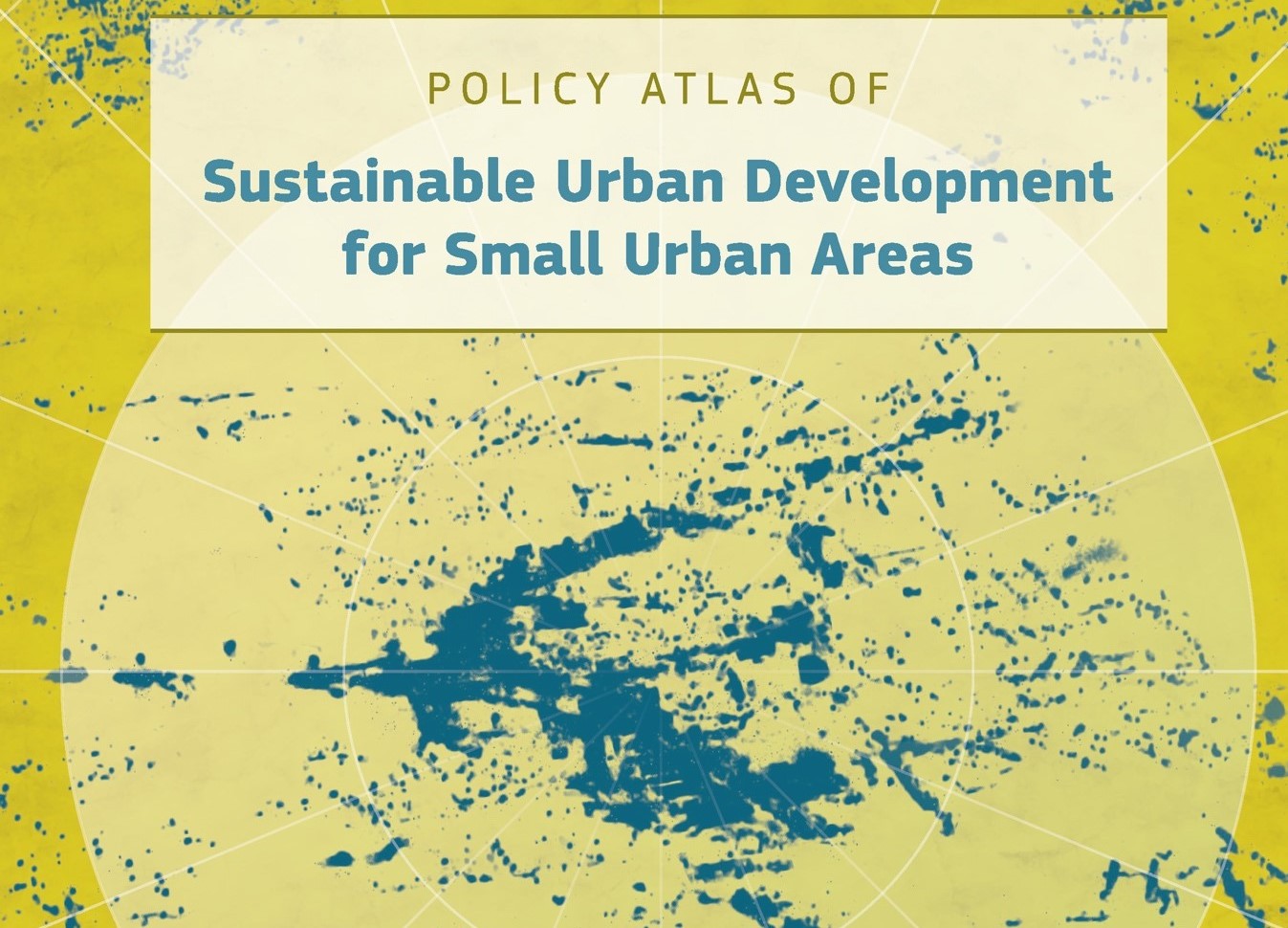Sustainable urban development for small urban areas.

date: 15/05/2023
The JRC recently published the 'Policy Atlas of Sustainable Urban Development for Small Urban Areas (SUAs)'. The Atlas provides evidence-based information and insights for policymakers, practitioners, and academics serving as a compass for navigating the policy challenges of sustainable urban development in SUAs.
Starting from the evidence that SUAs form the backbone of the urban structure of the EU, the report identifies the reasons, processes and phenomena linked to the underdevelopment trap currently affecting them, while highlighting 5 key policy approaches that may help key stakeholders turn the tide of decline in SUAs. Those include:
- Re-activating places for people and community,
- Re-discovering uniqueness,
- Re-connecting with nature for a sustainable future,
- Re-inventing smart public services,
- Re-imagining governance and partnerships.
The atlas also emphasizes the importance of EU cohesion policy and Sustainable Urban Development (SUD) strategies as essential tools for SUAs to tackle their challenges while rethinking their development in a comprehensive manner. Seven cases studies, including Cuneo (Italy), Fundão (Portugal), Kilkenny (Ireland), Lebach (Germany), Lucena (Spain), Salgótarján (Hungary), and Ventspils (Latvia), offer policy-makers concrete examples of how designing and implementing strategies tailored to local needs, providing key recommendations for the elaboration of new SUD strategies in the current programming period 2021/27.
Download the publication at the following link.
